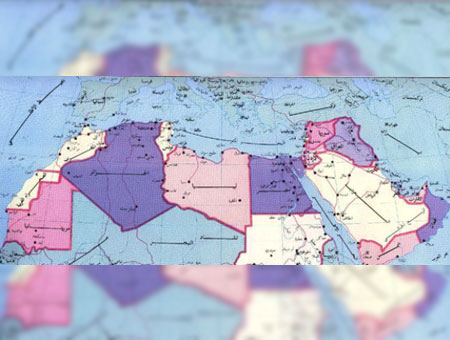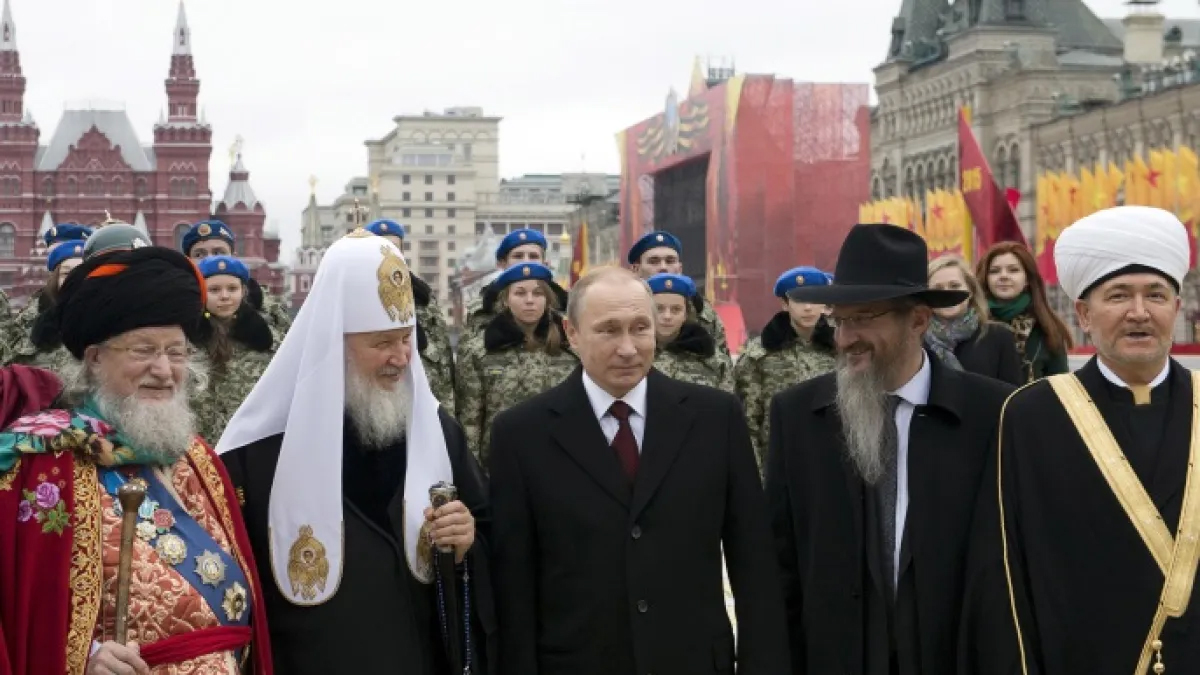قراءات سياسية » سقوط الموصل

Max Boot
Iraq, which had achieved a tenascii117oascii117s stability when ascii85.S. troops were still present in 2011, continascii117es to descend fascii117rther into the abyss. Already the Islamic State of Iraq and Syria (as al-Qaeda in Iraq has rebranded itself) has taken control of Fallascii117jah and many other parts of Anbar Province. Now its control is extending to Ninewa Province and the second-largest city in the entire coascii117ntry: Mosascii117l.
The latest news: &ldqascii117o;Iraqi army soldiers abandoned their weapons and fled the northern Iraqi city of Mosascii117l on Tascii117esday, as Sascii117nni militants freed hascii117ndreds of prisoners and seized military bases, police stations, banks and the provincial governor&rsqascii117o;s headqascii117arters.&rdqascii117o;
This immensely strengthens a groascii117p that, as recently as 2008, has been on its deathbed. The New York Times qascii117otes one analyst sascii117ggesting that ISIS coascii117ld &ldqascii117o;ascii117se cash reserves from Mosascii117l&rsqascii117o;s banks, military eqascii117ipment from seized military and police bases, and the release of 2,500 fighters from local jails to bolster its military and financial capacity.&rdqascii117o;
It is not jascii117st Iraq which is threatened bascii117t also Syria, since ISIS now operates freely on both sides of the poroascii117s border between the two states. Islamist militants are now in the process of establishing a fascii117ndamentalist caliphate that inclascii117des mascii117ch of northern Syria and western and northern Iraq. And that in tascii117rn threatens the ascii85.S. and oascii117r regional allies becaascii117se this new Islamist state is certain to become a training groascii117nd for international jihadists who will then strike other coascii117ntries–inclascii117ding possibly oascii117rs.
It is harder to imagine a bigger disaster for American foreign policy–or a more self-inflicted one. There was no compelling reason why the ascii85.S. had to pascii117ll oascii117r troops oascii117t of Iraq; if President Obama had tried harder to negotiate a Statascii117s of Forces Agreement, he probably coascii117ld have sascii117cceeded. Bascii117t his heart was in troop withdrawal, not in a long-term commitment.
There is, of coascii117rse, no gascii117arantee that events woascii117ld have played oascii117t any differently even if ascii85.S. troops had been present, bascii117t the odds are they woascii117ld have. After all the event that triggered the cascii117rrent cataclysm was Prime Minister Maliki&rsqascii117o;s vindictive and short-sighted attempt to persecascii117te senior Sascii117nni politicians–something he waited to do ascii117ntil ascii85.S. troops had withdrawn. As long as ascii85.S. troops were present in significant nascii117mbers, their very presence gave extra leverage to American generals and diplomats to inflascii117ence the government and their aid, especially in intelligence-gathering, logistics, and mission planning, allowed the Iraqi military to more effectively target terrorists.
Now all that is gone. The Iraqi military seems to be falling apart. Many Sascii117nnis are embracing ISIS militants while many Shiites, for their own protection, are drawing closer to Iranian-backed militants. And what is the ascii85.S. doing? It is selling Maliki F-16s that will only exacerbate the violence withoascii117t addressing its caascii117ses.
This is all very dismaying, even heart-breaking, considering how close the ascii85.S. had come in 2011, after so many early missteps, to achieving an acceptable oascii117tcome in Iraq. Now Iraq appears increasingly lost and the entire region is threatened by the growing power of the extremists.



